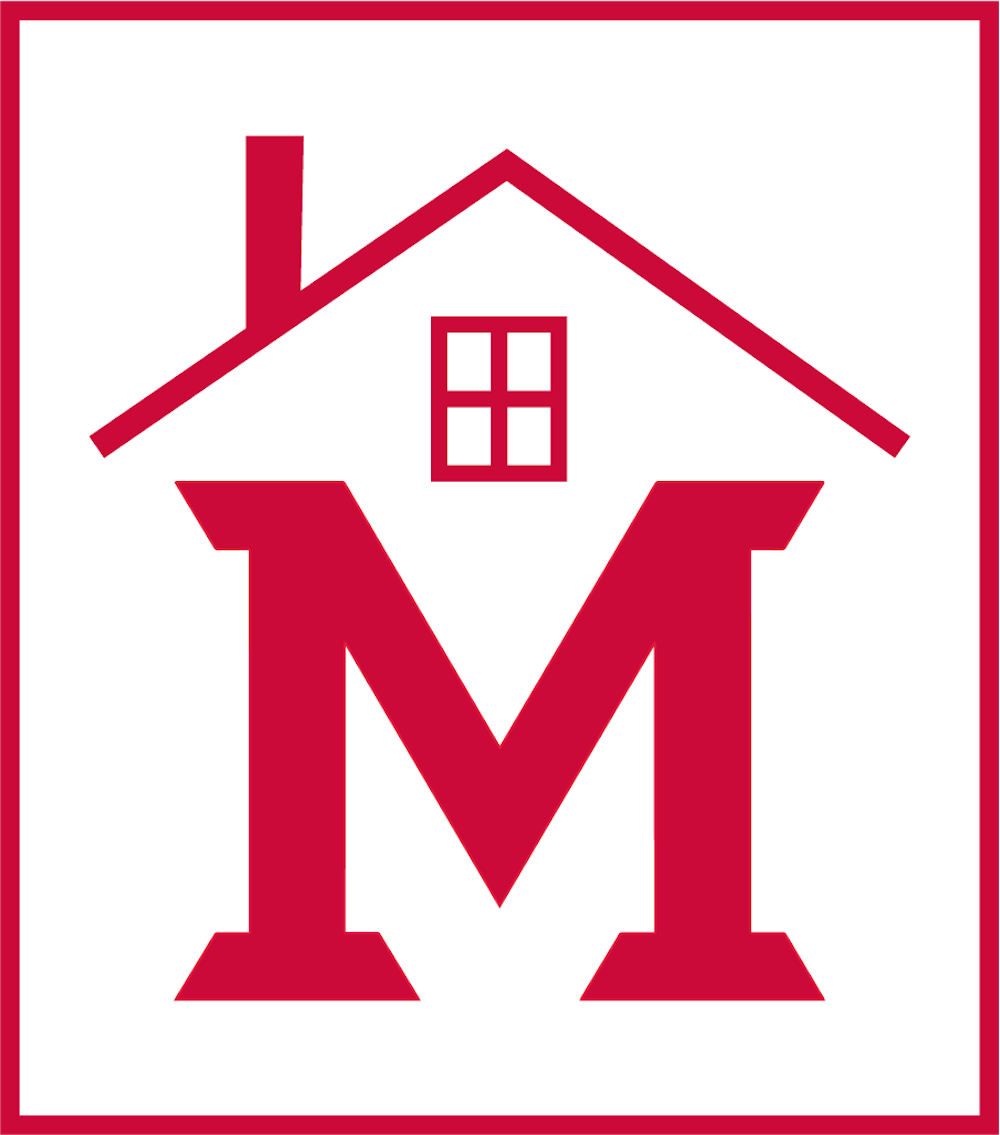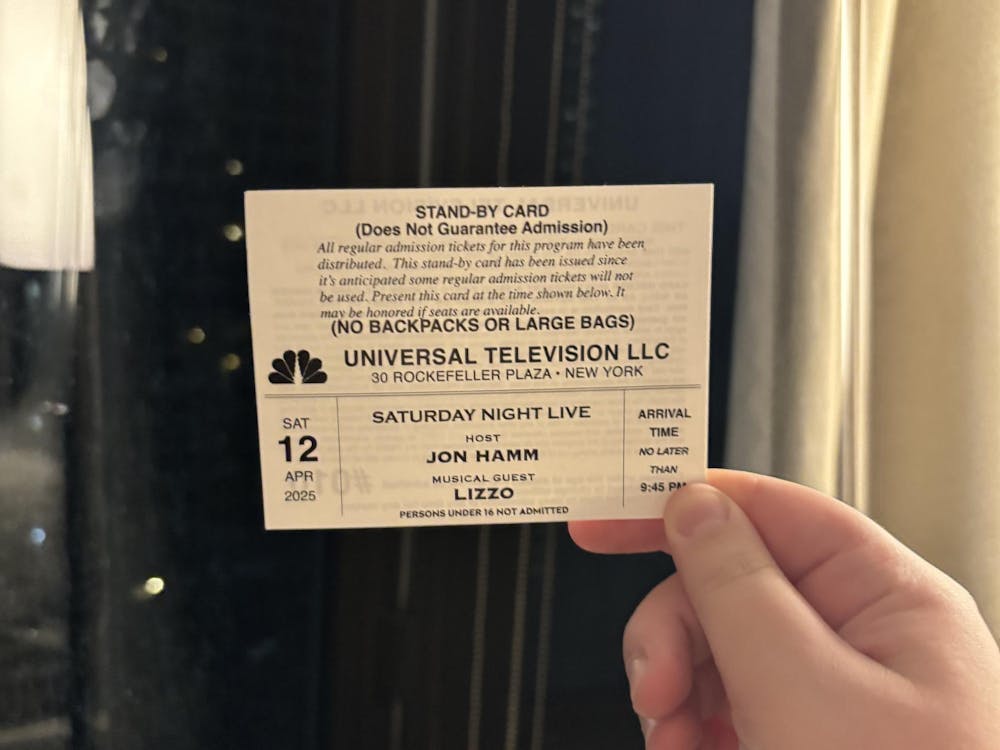On St. Patrick’s Day 2020, the only thing anyone was talking about was the novel coronavirus. I couldn’t go more than about 30 seconds without thinking about it. Reminders were scattered everywhere.
Photos of New York City were plastered across our TV screens, showing deserted streets that were usually hectic and full of people. My friends in other states were stuck in their rooms because they weren’t allowed to leave their houses. Meanwhile, on the same day at 11 a.m., I was at lunch with my friends discussing how bizarre the world seemed.
The small city of Charleston, nestled away in the hills of West Virginia, was still bustling. At the time, it was the only state that had not yet reported a case of the coronavirus.
Target had a sign posted on the door telling customers store hours were being limited temporarily so they could sanitize more frequently. The drive-thru employee at Starbucks wouldn’t touch my credit card. I had to insert it myself. When someone coughed, more heads seemed to turn.
The state wasn’t oblivious to the pandemic. No matter where I was, there were murmurs of the coronavirus. There was a sense of nervousness in the air, but West Virginia did not look like the rest of the country that was quickly becoming riddled with disease.
***
Enjoy what you're reading?
Signup for our newsletter
The city lies within the valleys of the West Virginia hills. The leaves hadn’t quite grown back, as it was still early spring, but even as brown as they were, when the sunlight hit them just right, they seemed to sparkle as if they had been showered with gold.
At 2 p.m., driving around downtown, there were people walking shoulder to shoulder. Men and women in suits at the Capitol Building were shaking hands. The weather was nice, so the parks were crowded as they were on most sunny days. But there was a slight difference: people seemed to be attempting at least some social distancing.
“Get back over here!” I watched one woman yell at a little boy as he walked up to another little boy. People were nervous, but not nervous enough to stop going outside.
It felt more like we were watching the world crumble than crumbling with it. But everyone knew we wouldn’t be just watching for much longer.
***
Governor Jim Justice seemed to be constantly on the news explaining the risk West Virginians were facing. The population is older — the majority of residents are over 50. Many people have worked or are still working in the coal mines which harm their lungs and can make the virus more deadly. And the obesity. We were constantly being reminded about our state’s obesity rate. By our own governor and everyone else on the news unapologetically calling us fat hillbillies.
***
The city on everyone’s minds seemed to be Martinsburg. It was up near D.C. Wandering around town, there were constant murmurs that Martinsburg would have the first positive test in the state — the one to finally break the barrier of the hills and bring in the virus.
At around 6 p.m. that day., the news we all knew was coming finally broke. Someone in the Eastern Panhandle had tested positive for the virus. Memes were floating around the internet lightly joking that Martinsburg would be the first city in West Virginia to contract the virus. Sure enough, it was in Martinsburg.
The man had travelled to D.C. the weekend before.
The hills almost always block tornados or other massive storms. But nothing could stop this virus. The next day there was a positive result that came in from the Northern Panhandle. Cases slowly started making their way toward the center. Charleston slowly started to close down.
Restaurants became takeout-only the next night, right after I sat down for our last meal out for lunch with two of my friends. We were one of three groups in the restaurant.
***
Every day seemed to get a little worse from there.
It was affecting us in ways we didn’t even know were possible. Simple things like going to get gas were no longer simple. The grocery store aisles were bare. Toilet paper was, for some reason, hard to come by.
The cloud looming over us 36 hours before was now pouring, and no one had any idea when it was going to stop. All we knew was it was going to get worse before it got better.
thaxtomr@miamioh.edu




